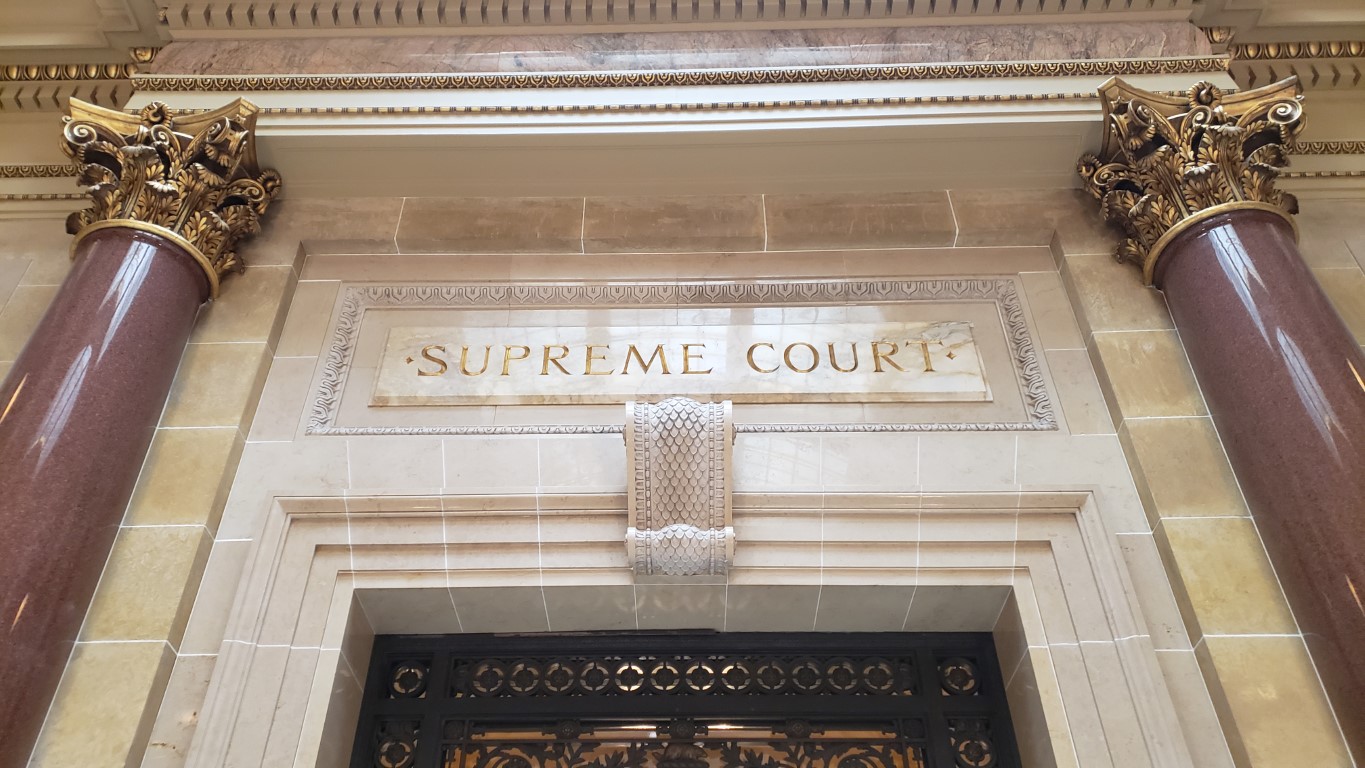A split state Supreme Court today affirmed a reserve Racine County judge’s ruling that rejected President Trump’s challenge of more than 221,000 ballots in heavily Dem Dane and Milwaukee counties.
Justice Brian Hagedorn, writing for the 4-3 majority, wrote Trump isn’t entitled to the relief that he seeks and the challenge to indefinitely confined voters’ ballots was “meritless on its face.”
Trump ...
Please log in to access subscriber content.
If you don't have a subscription, please contact schmies@wispolitics.com for subscription options on the WisPolitics-State Affairs platform, which is the new home for WisPolitics subscriber products.


